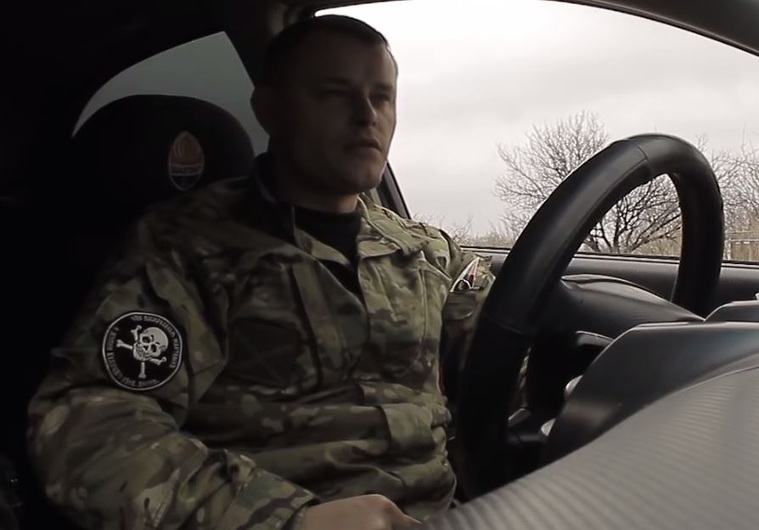Russia has often had General Winter as its ally against invaders with mud and cold working against them, but now Russia faces General Winter as an enemy in Ukraine – and it is the weather rather than any change in Kremlin policy that makes it unlikely Moscow will launch major new offensives there until 2016, Pavel Felgenhauer says.

In a comment for “Novoye vremya,” the Moscow military analyst argues that “the present relative calm in the Donbas must be connected in the first instance with the fact that the real time for the conduct of massive offensive military operations in this region has ended.” Thus, no new offensives should be expected “before January at the earliest.”
That was the case last year, he points out, and stresses that “this of course does not mean that in October, November or December exchanges of fire will not be renewed,” only that “wide-scale maneuver military actions are improbable.”
In the Donbas, it is easiest to fight when the ground is dry as in the summer or completely frozen as in late winter because that allows for movement not just along highways but across open country, Felgenhauer points out. When the ground is soft or muddy as now, it is difficult to conduct such operations.
There is an additional factor, the independent military analyst says. “On October 1, the fall draft begins.” The Russian military will be in some turmoil as approximately 130,000 draftees from a year ago are allowed to go home and 130,000 new ones take their place. The latter will not yet have the training for major operations.
At the same time, Felgenhauer says that he does not agree with those who argue that Russia will withdraw from the Donbas anytime soon. Not only is the tank army still there but Moscow has orchestrated a change in leadership in the “DNR” so that body has a more compliant head.
Consequently, he suggests, the current relative quiet “will not last forever but only for a certain time.”








